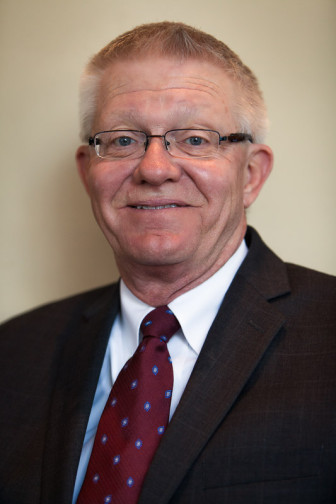 I read several automobile-related magazines and websites — some related to very old cars. A recent article described a collector’s restoration of a 1930 LaSalle with a rear body section made of wood. The project required learning woodworking skills and taxed the owner’s patience. Although it took five years to complete, the owner enjoyed the process and remarked that the old car hobby is rewarding because “You always have something to look forward to — there is always something to repair or improve.”
I read several automobile-related magazines and websites — some related to very old cars. A recent article described a collector’s restoration of a 1930 LaSalle with a rear body section made of wood. The project required learning woodworking skills and taxed the owner’s patience. Although it took five years to complete, the owner enjoyed the process and remarked that the old car hobby is rewarding because “You always have something to look forward to — there is always something to repair or improve.”
That is also a good attitude for juvenile justice advocates.
The reconstruction of the juvenile justice system may take longer than five years and probably won’t require learning woodworking, but there is much to celebrate and much to do. The Pennsylvania Supreme Court has declared the state’s juvenile sex offender registry unconstitutional. The Illinois Supreme Court has called automatic transfer of juveniles to adult court constitutional but gravely out of step with science and has urged the legislature to revisit the issue. Many states have changed the way children in conflict with the law are treated, and many others are considering monumental changes in the courts, legislatures and executive branches. On the other hand, there is much to do nationally and in local jurisdictions.
The beginning of a new year is a good time to assess progress made on last year’s resolutions about kicking old habits and starting new ones. Advocates of policy change — both activists in the field and those in government policymaking positions — also can benefit from a resolution review, and here are some of the questions we’ll be asking in Illinois. I think the list typifies much of what could be said around the country. Please see if you agree.
Do funding allocations reflect current science and its effect on public safety?
Is public safety enhanced by laws requiring the transfer of some juveniles to adult court, or do automatic transfer laws deprive most youth of the opportunity to change through rehabilitation and ultimately make our communities less safe?
Are the right kids — those at the greatest risk — in prison and detention, and is there a better way to protect the public and decrease the likelihood of future crime?
Are probation and parole terms categorical, or do they reflect individual decision-making regarding risk?
What policies and practices create disproportionality and how can those be modified to reduce racial injustice?
Is restorative justice actively used to repair harm to individual victims and to reduce expensive incarceration?
Are local communities allowed to consider local conditions and resources and to decide how to allocate funding for juvenile services?
What is the appropriate minimum age for juvenile court jurisdiction and incarceration?
Is problem sexual behavior by juveniles understood and treated in a developmentally appropriate manner?
Does trauma–informed practice guide screening, assessment and case planning at all stages of the system?
Is data adequate and shared easily among relevant stakeholders?
Are kids and families considered partners in discovering what issues brought a youth into contact with the justice system?
Of course, this list could be doubled and still not include all the work that could improve public safety, save taxpayer dollars and increase kids’ chances in life. But a list of questions is not a plan. Goals must be developed and strategy considered in light of national, state and local conditions, but it is a start to acknowledge the things that need repair or improvement.
As the old car hobbyist said, we all have more work to look forward to in the future. Next New Year’s Day, what will we have accomplished?
Judge George W. Timberlake, Ret., has served as chair of the Illinois Juvenile Justice Commission since January 2010, and he is an alternate member of Federal Advisory Committee on Juvenile Justice. He was a trial court judge for 23 years before his 2006 retirement as chief judge of Illinois' 2nd Circuit. He is also a member of the Illinois Models for Change Coordinating Council, the Illinois Juvenile Justice Leadership Council, the Redeploy Illinois Oversight Board and the board of the Juvenile Justice Initiative, a statewide advocacy coalition.

To this list, we should add: should young people be shackled in court without regard to public safety risk? In Illinois, children in many counties are needlessly shackled at a number of hearings.